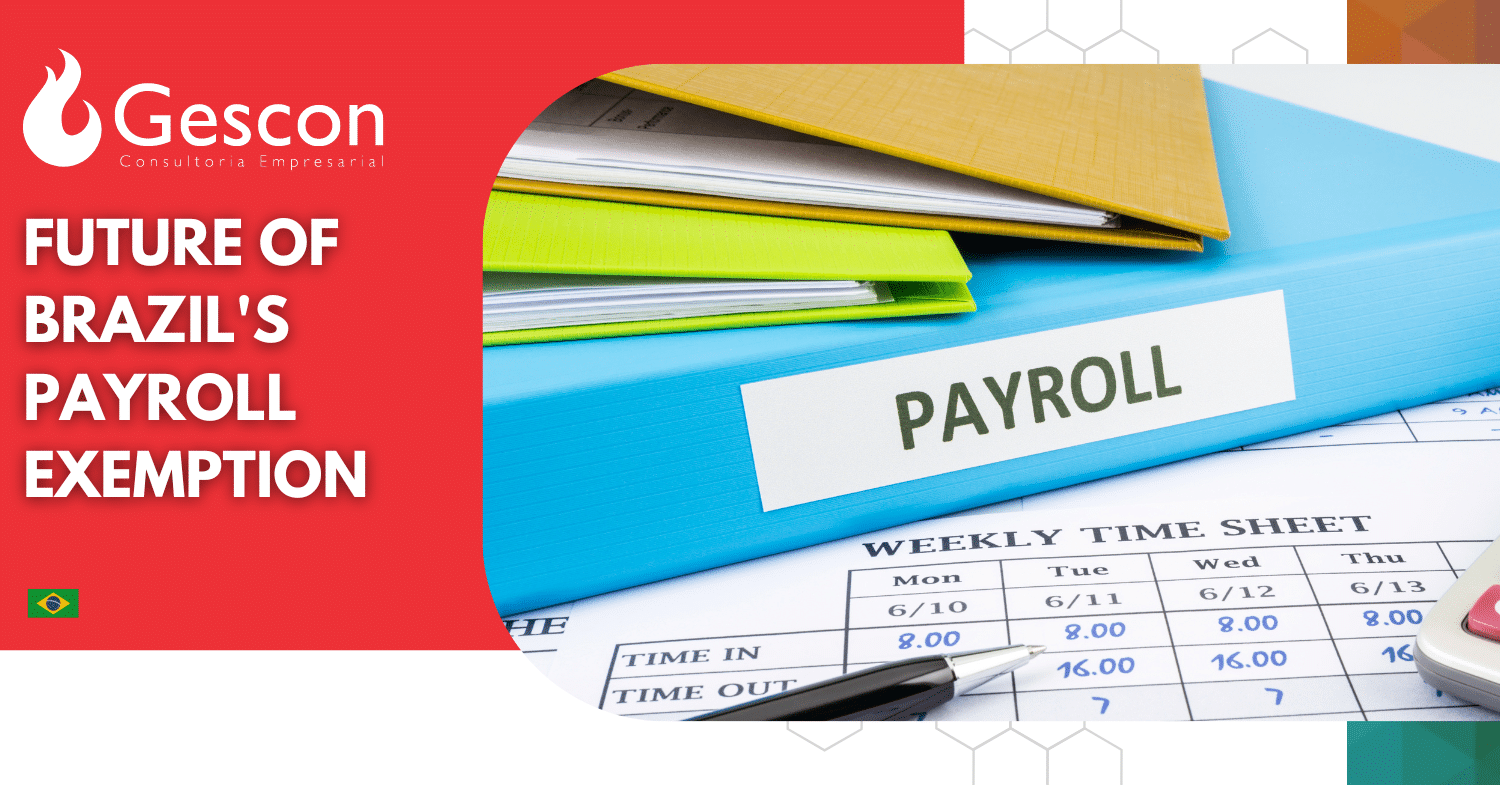Address
304 North Cardinal St.
Dorchester Center, MA 02124
Work Hours
Monday to Friday: 7AM - 7PM
Weekend: 10AM - 5PM
Address
304 North Cardinal St.
Dorchester Center, MA 02124
Work Hours
Monday to Friday: 7AM - 7PM
Weekend: 10AM - 5PM


In recent months, payroll tax exemption has once again become a topic of intense debate in Brazilian politics. This policy, initially introduced in 2011, aimed to reduce labor costs for companies in specific sectors, intending to stimulate job creation and ease hiring expenses. However, the financial impact on government revenue and its real effectiveness in job creation have always been subjects of discussion.
The payroll tax exemption allowed companies to opt for a different contribution model: instead of paying 20% to Social Security (INSS) based on employee salaries, they could pay between 1% and 4.5% on their gross revenue. This strategy was mainly designed to encourage the country’s largest employers to expand their operations and hire more workers.

However, according to the Institute for Applied Economic Research (Ipea), the sectors benefiting from this measure were not the ones creating the most formal jobs over the last decade. This raised questions about the policy’s effectiveness in driving employment growth and highlighted that the exemption was benefiting industries that were not significantly boosting the formal job market. At the same time, the exemption caused a substantial reduction in government revenue, prompting the administration to seek solutions to offset these fiscal losses.
In 2023, the National Congress approved a bill extending the exemption for 17 sectors until 2027. However, President Luiz Inácio Lula da Silva vetoed this extension, citing the need for more balanced fiscal measures. After the veto was overturned by Congress, the government sought judicial intervention to suspend the law. The Supreme Court accepted the government’s request, requiring that compensatory measures be introduced.
Following months of negotiations, the Senate recently approved a proposal to gradually phase out the payroll tax exemption. Under the new plan, the exemption will remain in place until the end of 2024. Starting in 2025, tax rates will gradually increase, with companies paying 5% in 2025, 10% in 2026, and 20% in 2027, at which point the exemption will be fully eliminated.
Despite this transition, an important aspect is that the payroll for the 13th-month salary will remain tax-exempt during this period, easing the burden on businesses.

This shift may pose a challenge for many sectors that have benefited from the exemption over the years. Information technology, transportation, construction, and communications are among the most affected industries. As payroll taxes progressively rise, these companies are expected to adjust their finances and hiring strategies.
On the other hand, the government argues that the measure is necessary to balance public accounts. The fiscal impact of the exemption on the 17 favored sectors and some small municipalities is estimated to reach R$ 18 billion in 2024. For the government, this additional revenue is crucial to sustain social policies and maintain fiscal balance.
The gradual transition planned through 2027 aims to avoid an abrupt shock for companies, allowing them to adapt to the new reality. However, the measure may still generate controversy and new discussions in the coming years as the productive sector feels the impact of these changes. The government, meanwhile, is expected to continue seeking ways to balance incentives for the productive sector with fiscal responsibility.
As debates about the exemption’s effectiveness continue, the market is closely watching the government’s next steps and how this policy will impact both job creation and the competitiveness of businesses in Brazil.